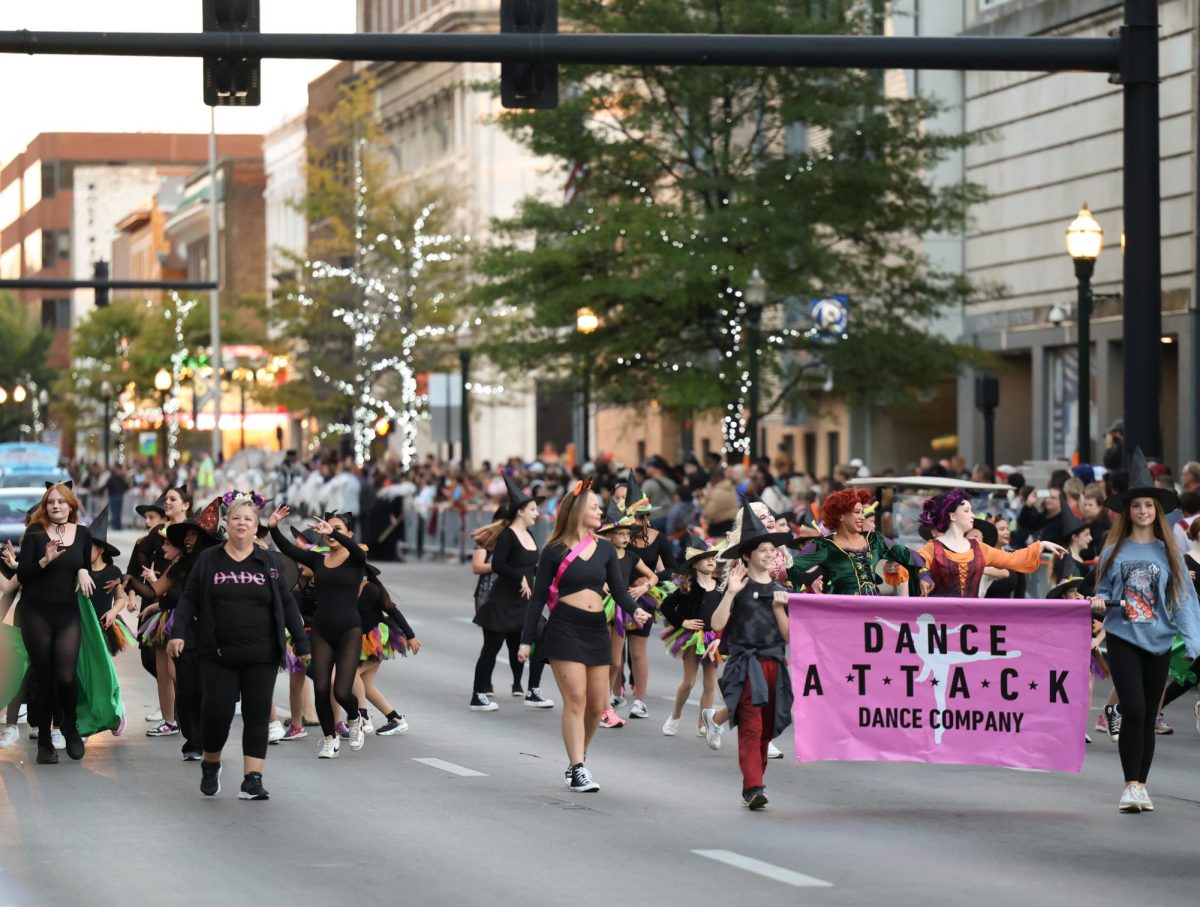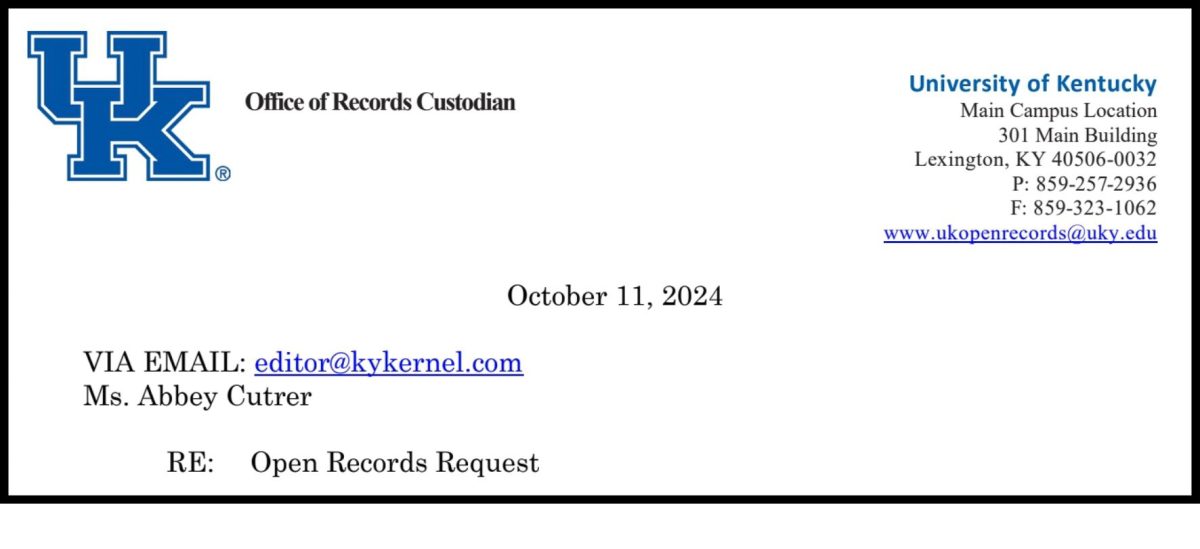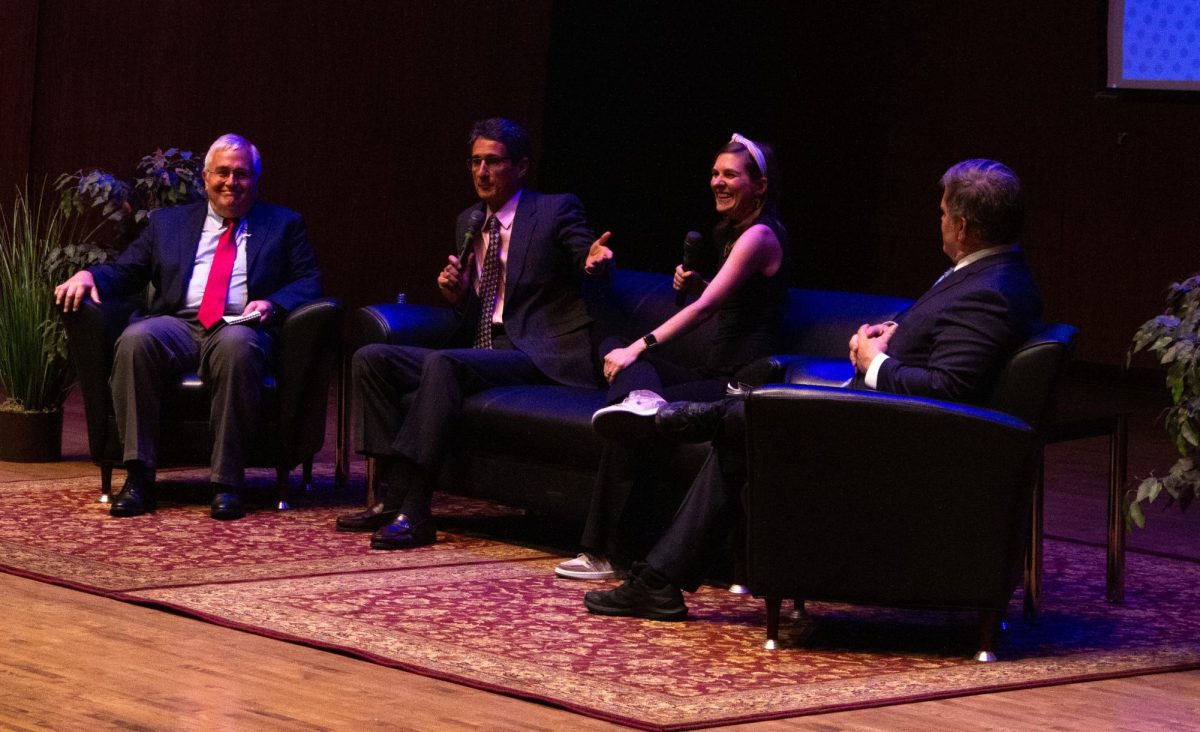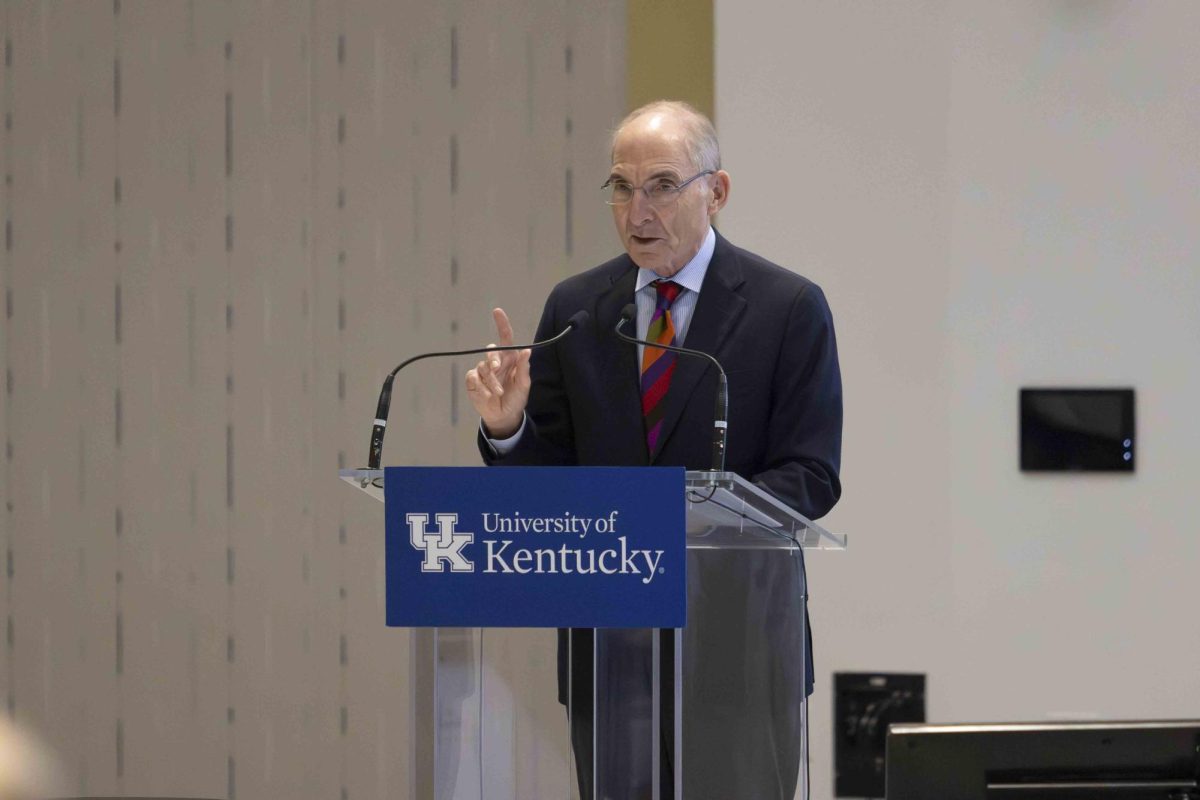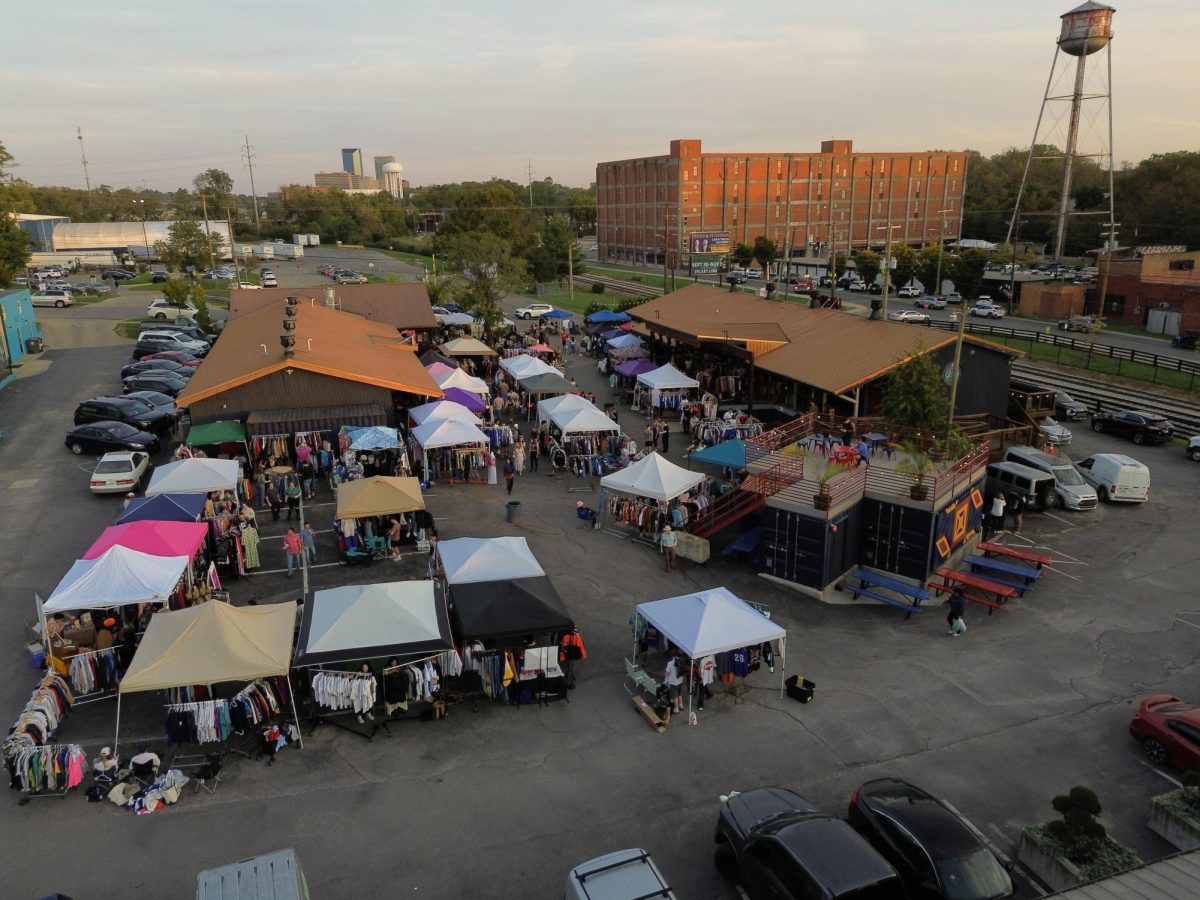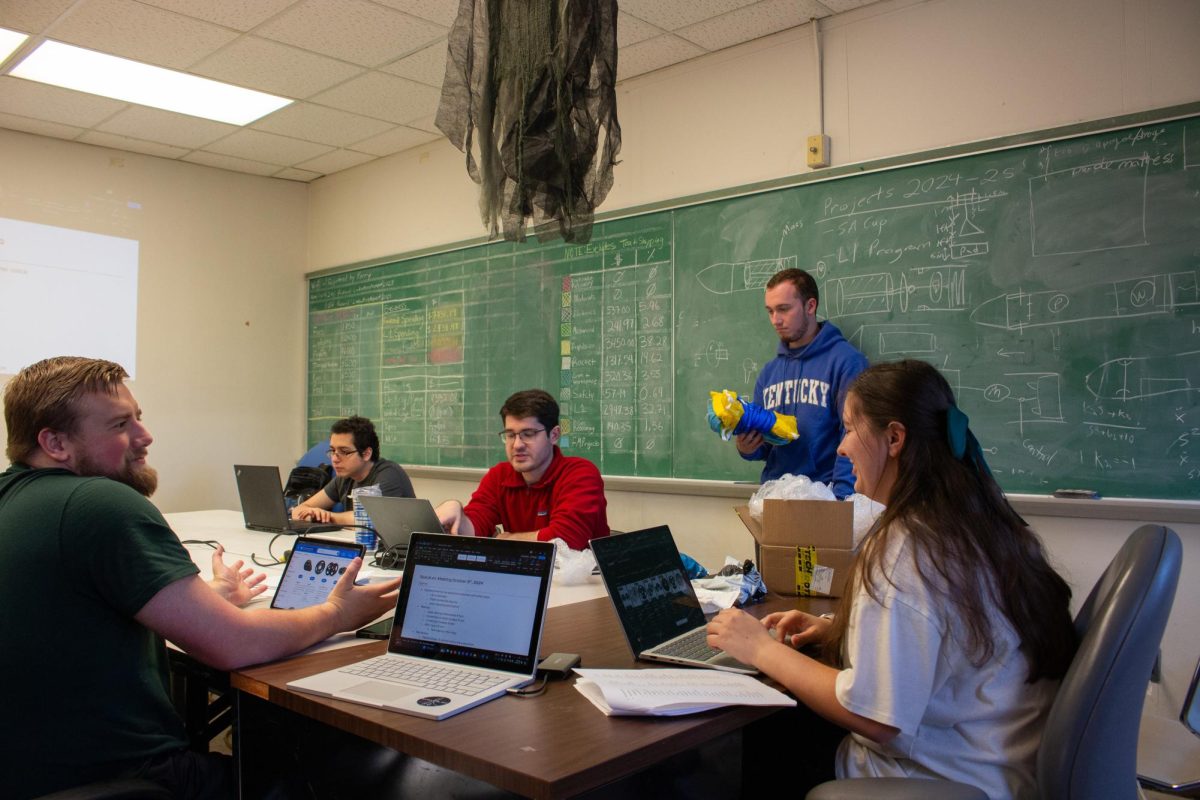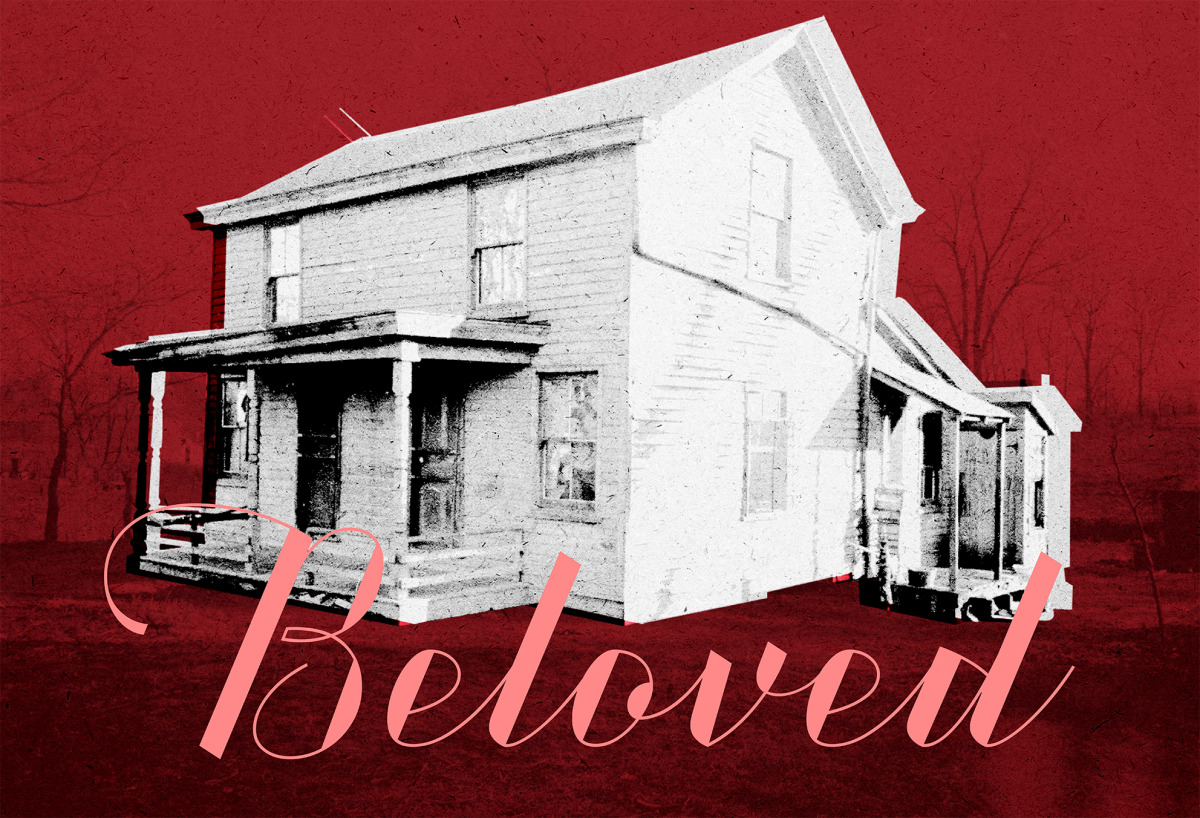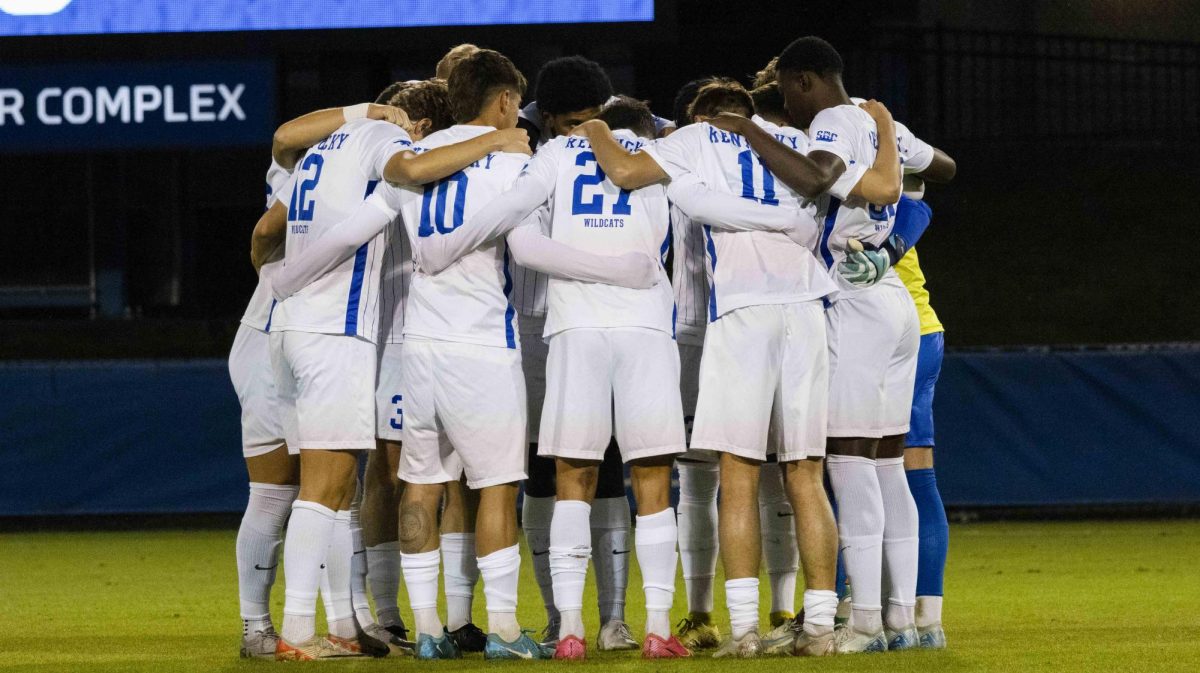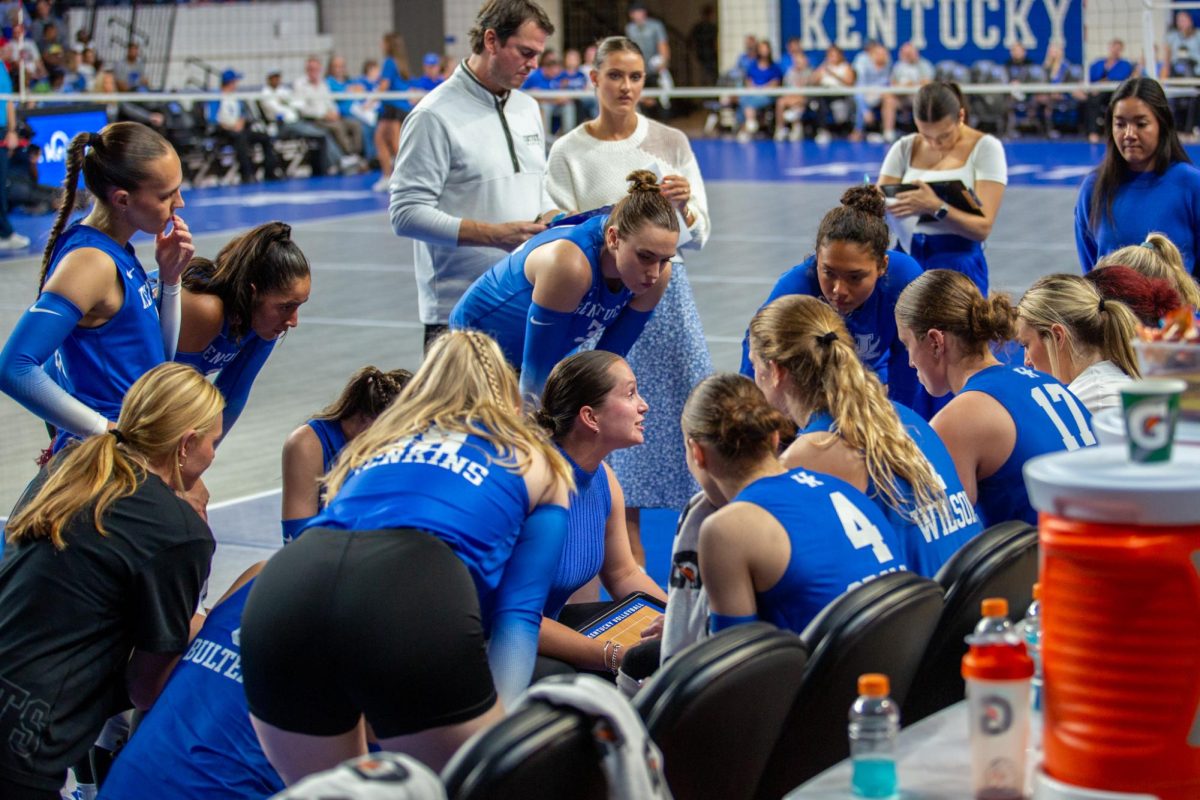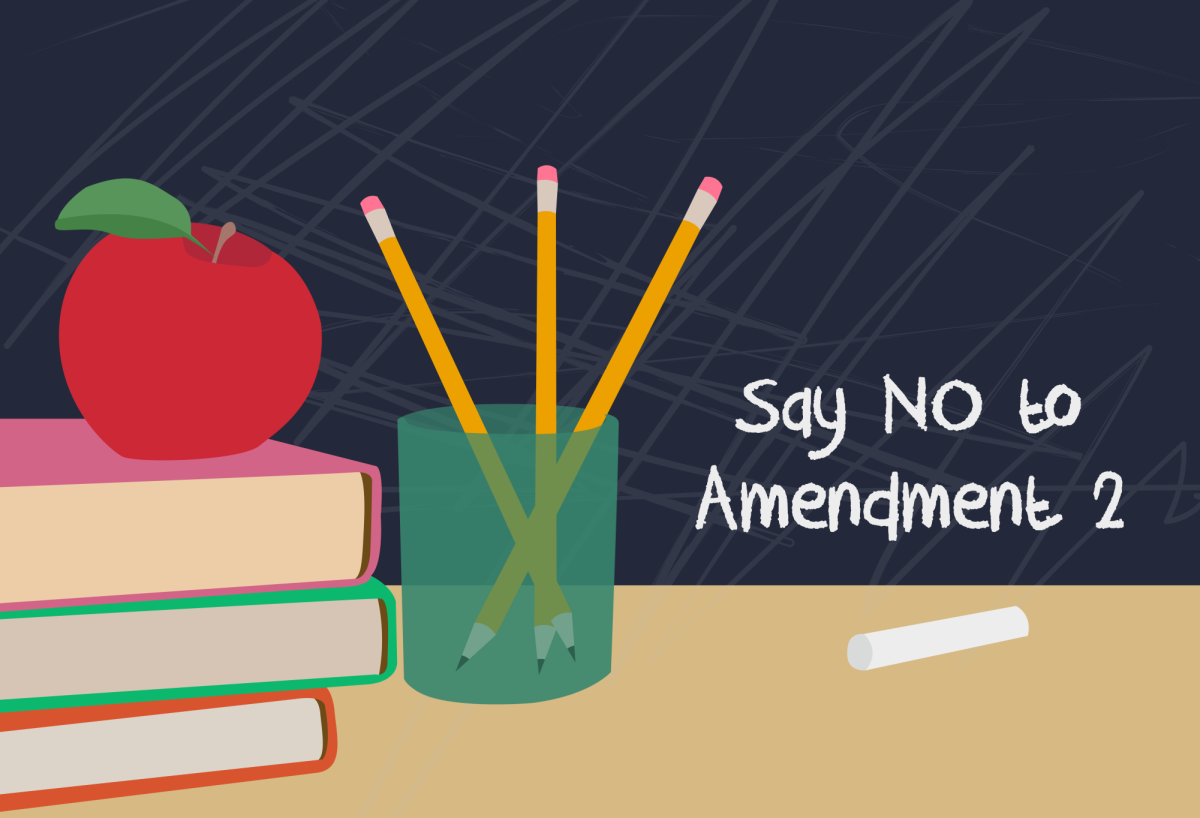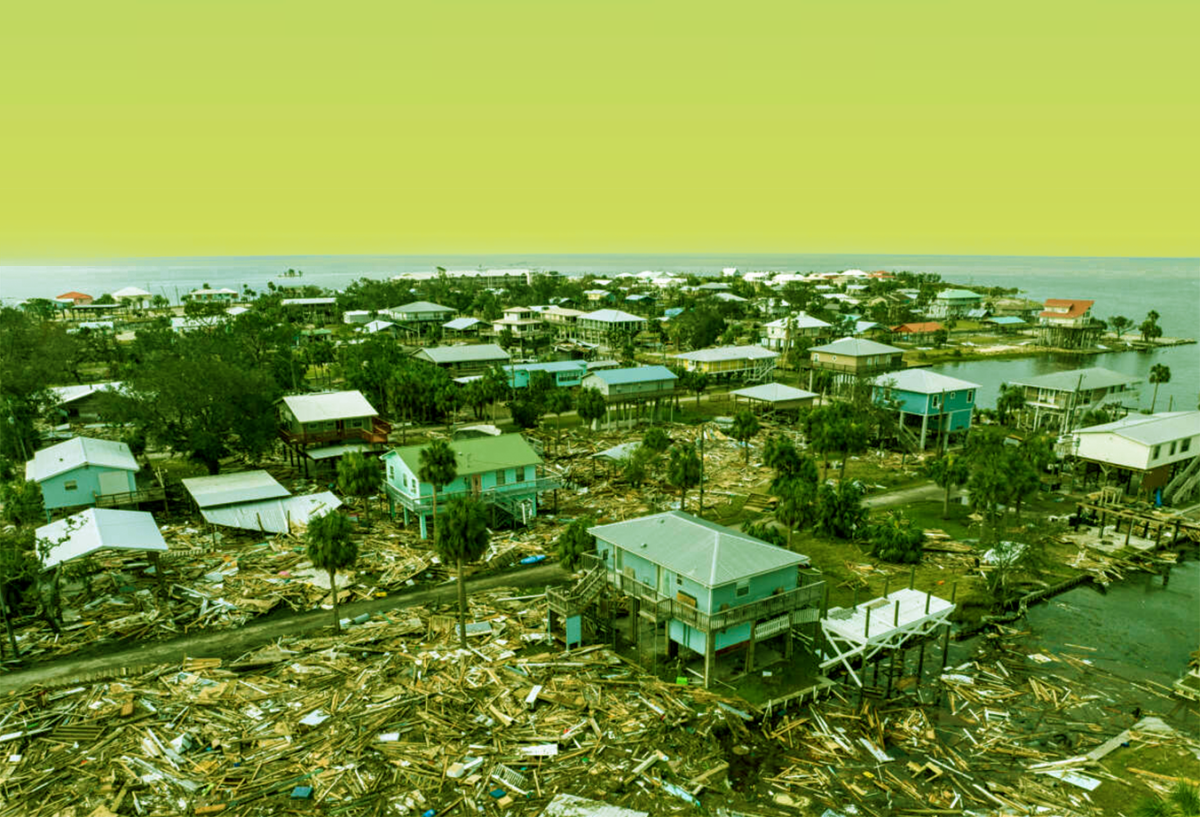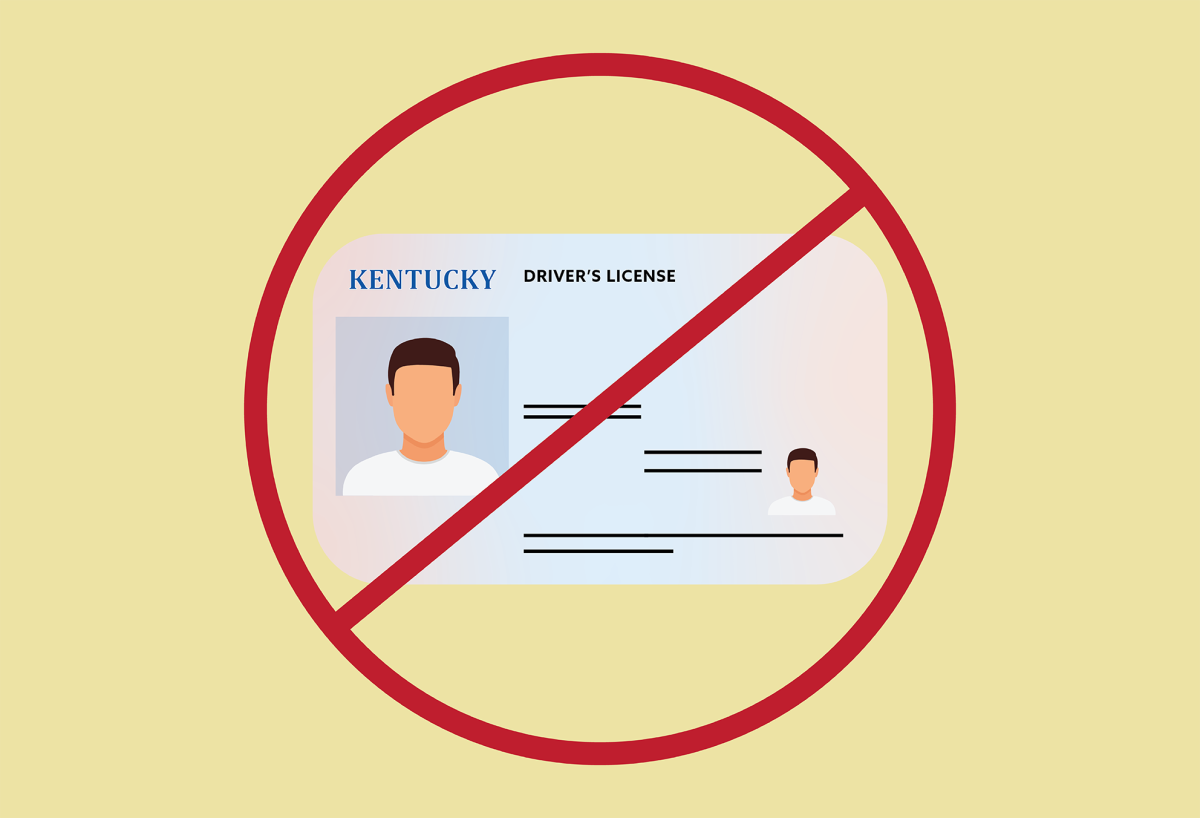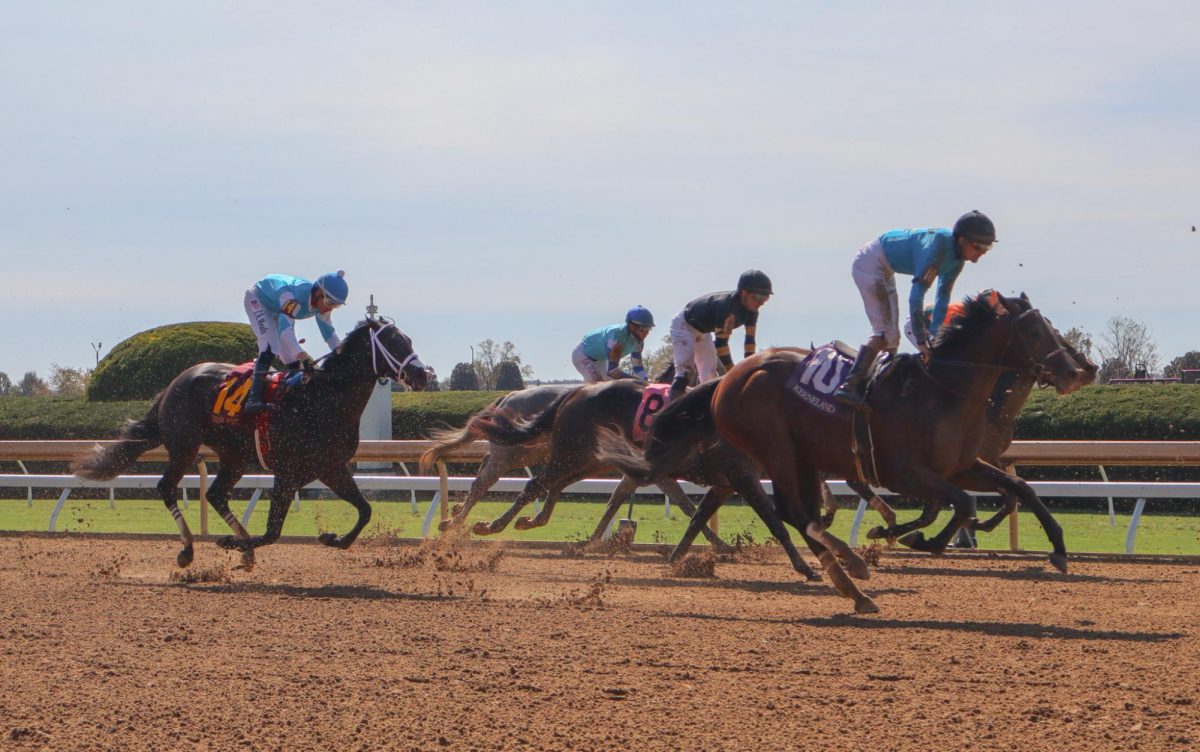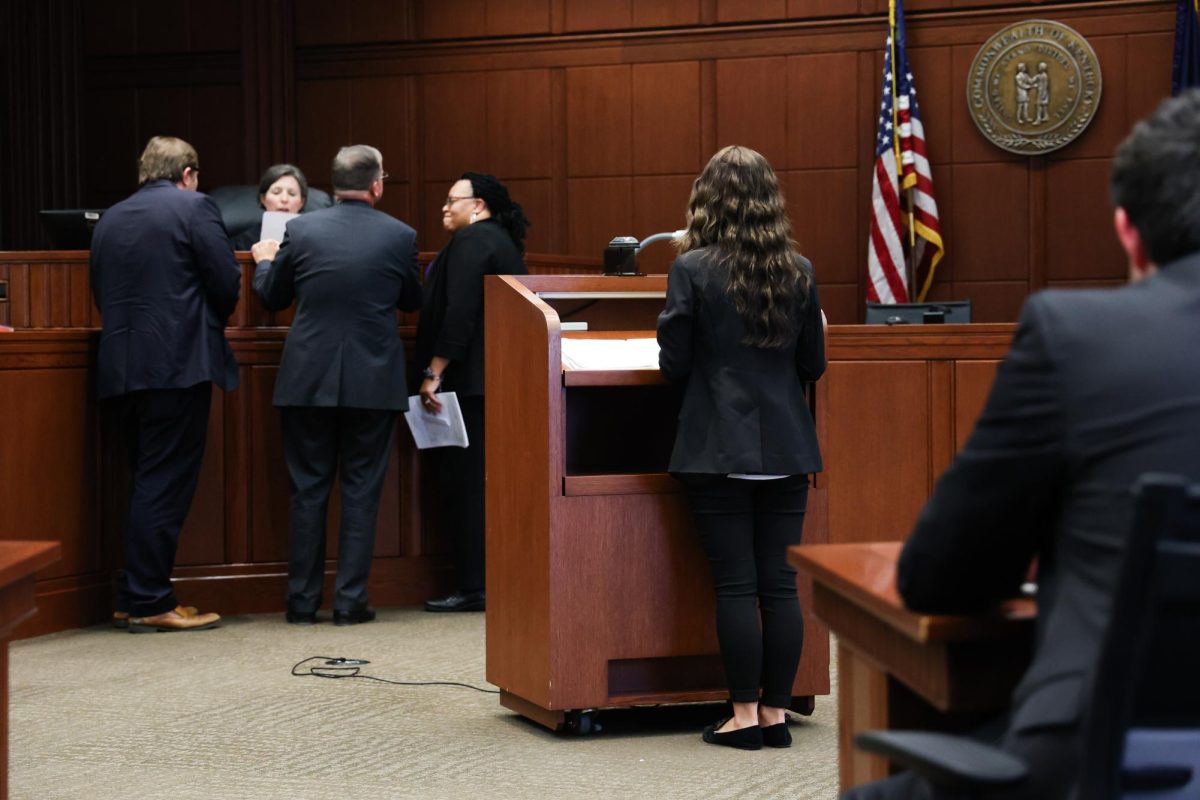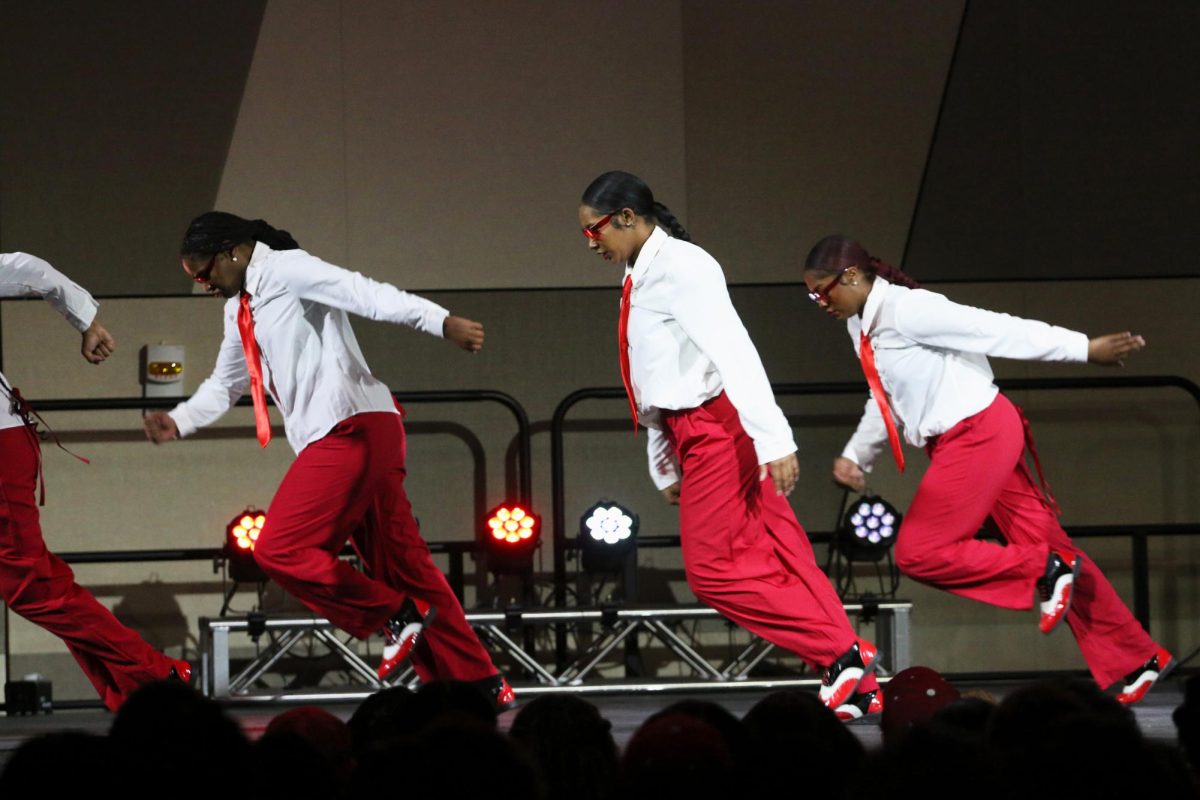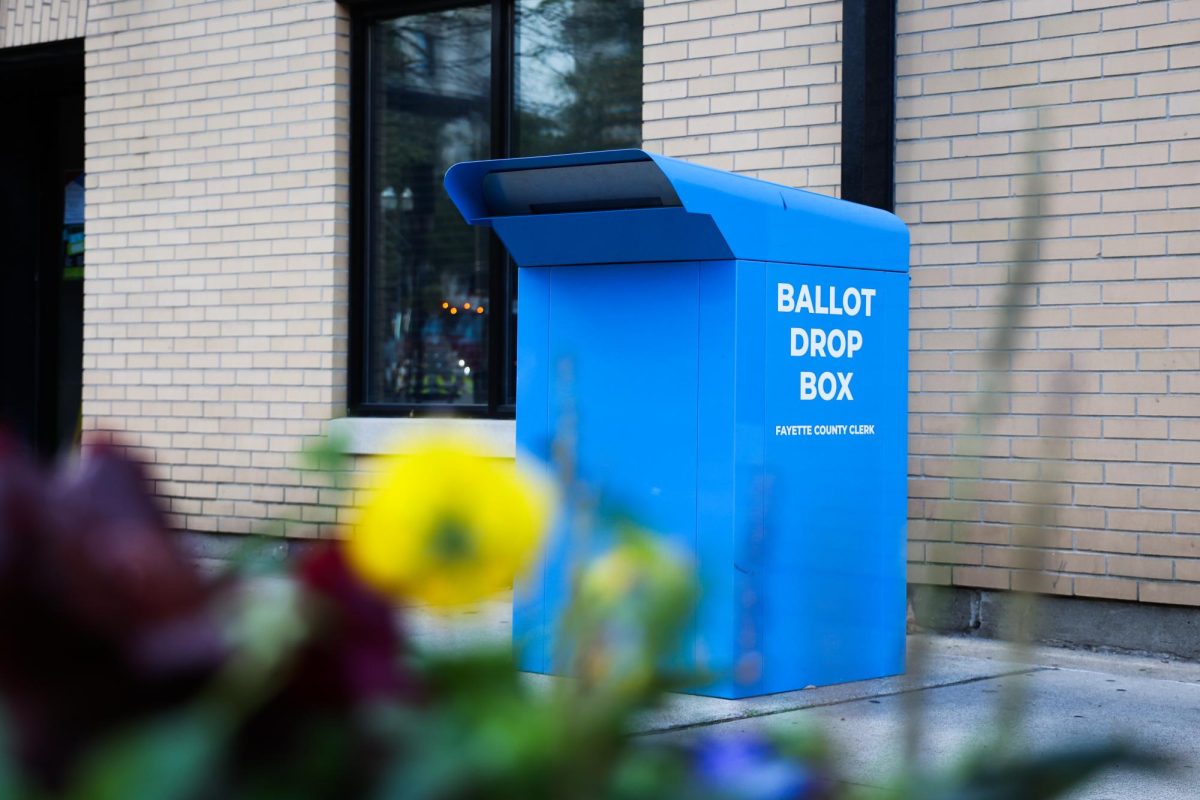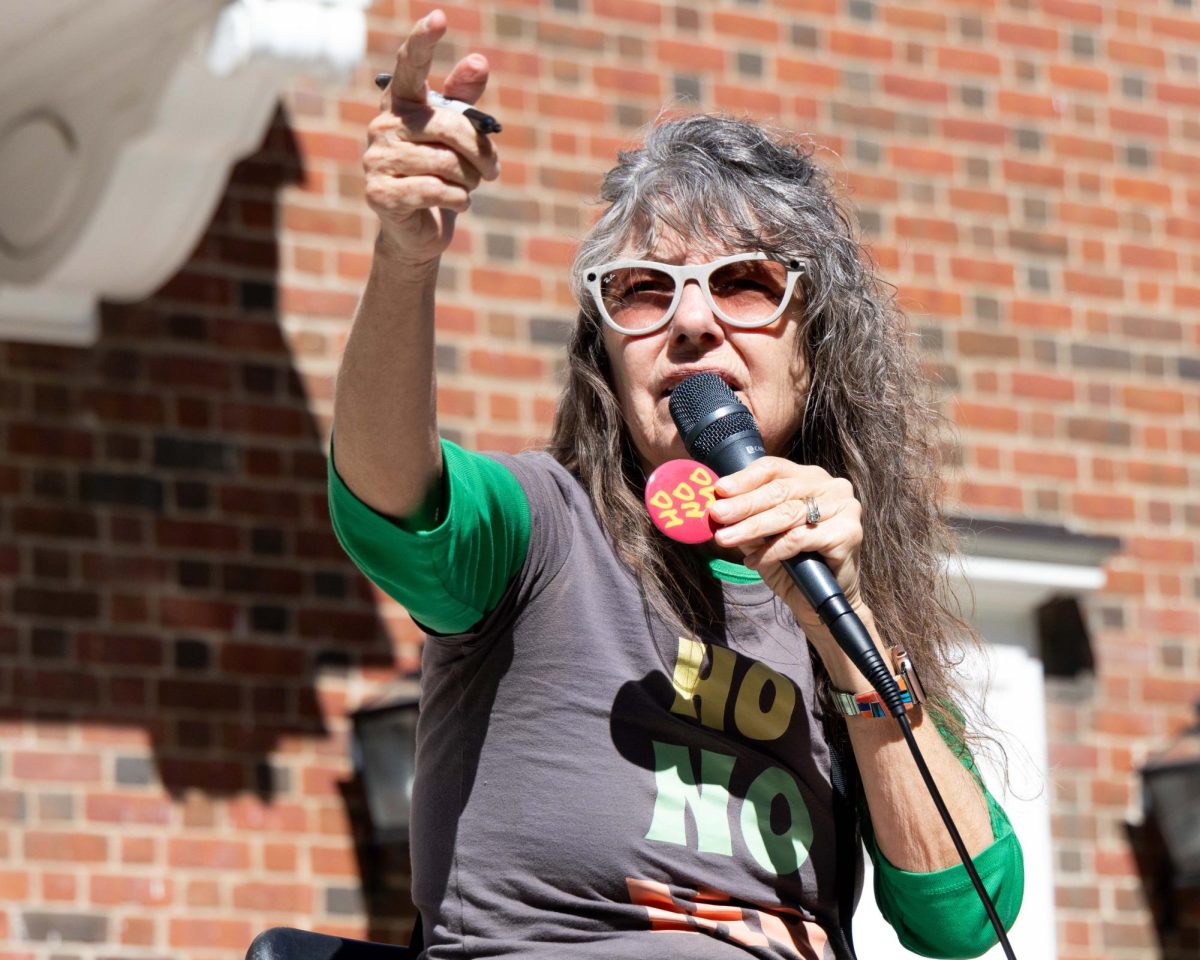Immigration issue must be viewed from a larger, historical perspective
April 4, 2010
A local leader of the College Republicans whom I met several summers ago made infamous the “catch an illegal immigrant” game, where a cash award was offered for finding a fellow student posing as an illegal immigrant.
For many like her, the debate over immigration reform is an issue of law and justice. If you come here without permission, some say, you should be ridiculed, rounded up and tossed out.
Such a mindset is hard for me to understand.
First, there’s the common sense side of me that fails to be satisfied. People come here out of economic demand. If there were jobs across the border in Canada paying $100 an hour, do we really believe that the many jobless Americans in this country right now would let their families go hungry while they waited and hoped the bureaucrats in Ottawa approved their work visa?
The last time Canada got sassy with frontier Americans in the War of 1812, we invaded their country and burnt down their cities. Paint me a skeptic.
If we really feel the need to tinker with the system law-and-justice style, we should go after the corporations who hire immigrants. They’re the catalyst creating the demand for cheap labor to begin with; the immigrants are merely filling the niche.
But beyond the realm of common sense, there’s also the reality of my own family’s story.
The Hiribarnes are a French-Basque line extending all the way over to a tiny village on the border by Spain called Hasparren.
It was there that a young man trained as a tanner named Pierre Hiribarne got word his cousin had a job for him in far away Cuba — if he could make his way across the seas.
Thankfully for me, he did. When Pierre finally got to the island, he changed his name to Pedro to match up with the local Spanish-speaking culture and got to work.
He married an island girl, and they had children and their children had children. Some time down the line, I was born and given the middle name Peter in honor of the adventurer who uprooted his life on one continent to start another one in the New World.
How could I abandon the memory of my namesake by calling for immigrants to be punished simply for wanting to survive?
How could I spit upon all of the risk he took in uprooting himself from everything he loved in that Pyrenean mountain village?
How can I ignore the bravery it took to do so, especially given my own life story of struggle and dislocation from my home when my family initially couldn’t handle me being gay?
Just as College Republicans now pretend to round up Latino immigrants for fun, years before the backs of African slaves were set afire with the crack of a whip, “No Irish Need Apply” signs littered the landscape of stores and shops in this country, German families felt compelled to anglicize their names during the World War II to avoid harassment from their neighbors, and it was Italian immigrants who were the victims of the largest mass lynching in American history.
Each of us should take the time to look into our own family histories.
Somewhere along the way, every one of us has a relative who showed that same bravery by crossing the border into an undiscovered country. Every one of us has, wound-up in our DNA, the spirit of a man or woman who was a member of those “huddled masses yearning to breathe free.”
This is the spirit of America. This is the nation we are, a melting pot filled with souls from every region of every corner of the world. We are a nation of immigrants.
We’d do well to remember that.


